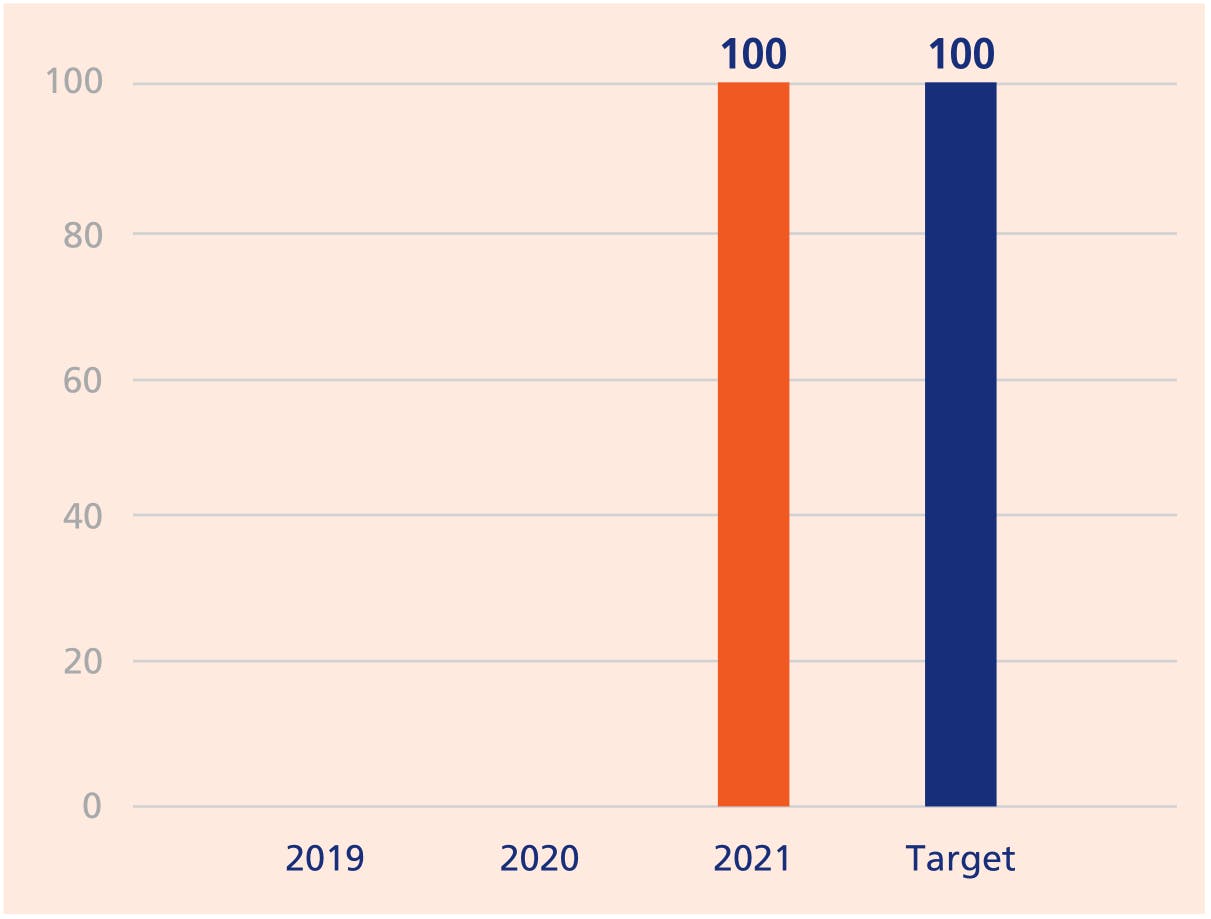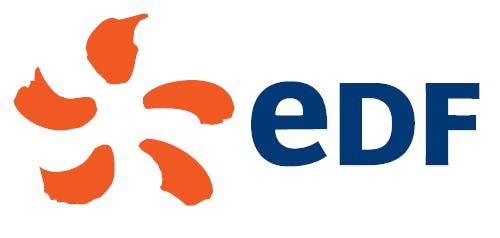3.4.1.2.3 Dialogue and consultation improve the management of the construction phases
This is especially applicable in respect of road traffic and noise pollution impacts during a worksite.
| La Coche hydroelectric plant | Dialogue concerning the construction of the plant with local elected officials and residents enabled potential worksite disruption for local residents to be identified. Measures taken to remedy this included acoustic and vibration monitoring and the regular spraying of earthworks and roads to avoid dust clouds. Local residents can monitor progress of the worksite by reading information distributed directly to their letterboxes, at the town hall, online, in the local press, and at meetings. |
|---|
3.4.1.2.4 New participatory financing tools strengthen the relationship with stakeholders
| Crowdfunding | Since the first such fundraising drive in 2015, EDF Renewables has launched 39 crowdfunding initiatives raising over €7 million from 3,572 private individuals to finance solar and wind power projects. This funding method has intensified: in 2021 alone, 16 such initiatives were launched by EDF Renewables in partnership with crowdfunding operators (3 for wind power projects – 2 onshore and 1 offshore – and 13 solar power projects), raising some €3 million from 1,317 investors. In Belgium, following on from the success of Luminus Wind Together (its first crowdfunding initiative for wind farms) Luminus launched Lumiwind, a new cooperative allowing the general public and those living close to wind farms to invest in energy transition. For instance, 1,462 Belgian citizens invested in two wind turbines at Fernelmont and Turnhout. |
|---|
3.4.1.3 Group key performance indicator
For projects of over €50 million examined by the Group Executive Committee’s Commitments Committee (CECEG) with a significant impact on localities and/or the environment, the Group entities in question implement the appropriate dialogue and consultation, in line with the Equator Principles.
The Group’s key performance indicator in this respect is the annual proportion of such projects for which a dialogue and consultation processes has been initiated. Practically speaking, this means that as a minimum, each project has initiated or implemented a dialogue and consultation strategy and that the various stakeholders (in particular local and indigenous communities) are taken into account, e.g. through specific measures being taken to address their expectations. The methodology associated with this indicator is described in section 3.6 “Methodology”.
In 2021, this indicator was 100% for all projects within the scope of the defined criteria.
Annual rate of projects for which a dialogue and consultation procedure is engaged (%)

- 2019 : -
- 2020 : -
- 2021 : 100
- Target : 100
3.4.2 Responsible regional development
The EDF group is committed to contributing to the development of the regions where it operates, by creating local jobs, purchasing locally, creating economic value and providing a tax revenue. The EDF group is also committed to developing low-carbon sources of energy and access to energy in developing countries.
3.4.2.1 Contribution to development through jobs: employment footprint
The employment footprint of a territory, project, or scope of business may be broken down into direct impacts (EDF employees, see section 3.3.3.9 “Details of EDF group headcount”), indirect impacts (the impact of EDF purchases throughout its supply chain) and induced impacts (impact of spending by employees and suppliers, and induced employment generated by taxation). Both EDF employees and the employees of companies in the supply chain spend some of their salary in the region and pay taxes and duties.
